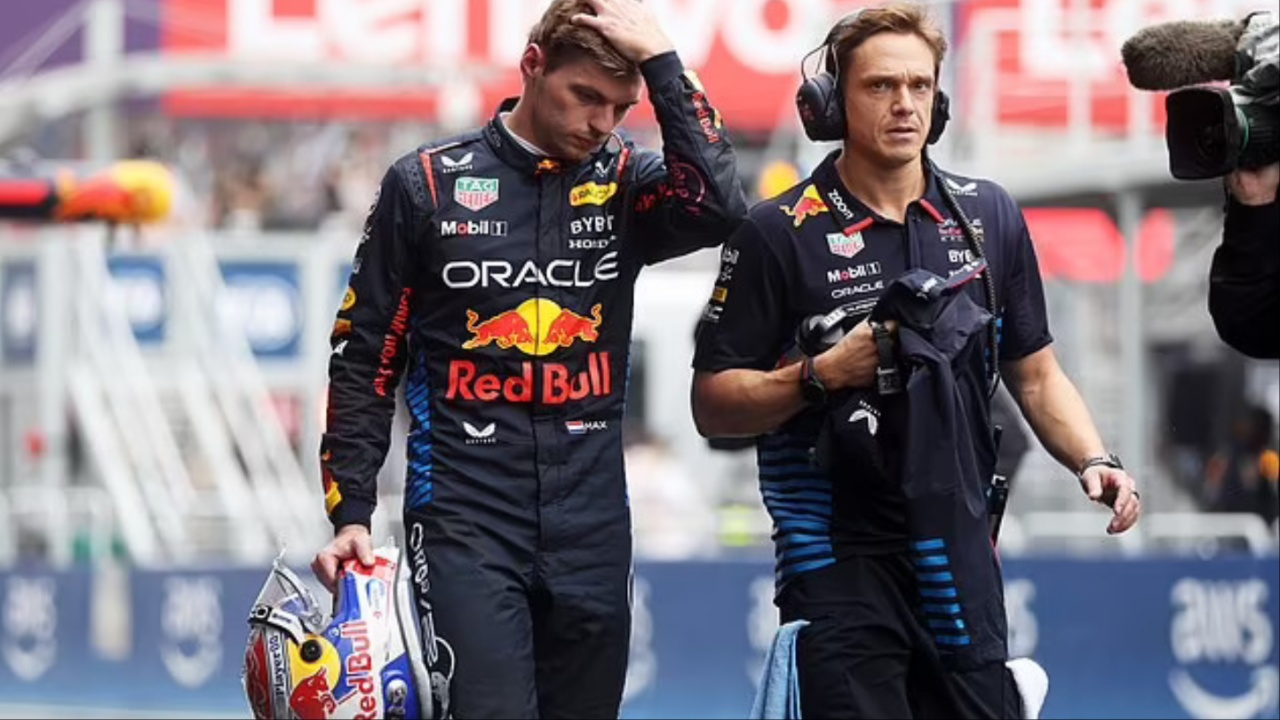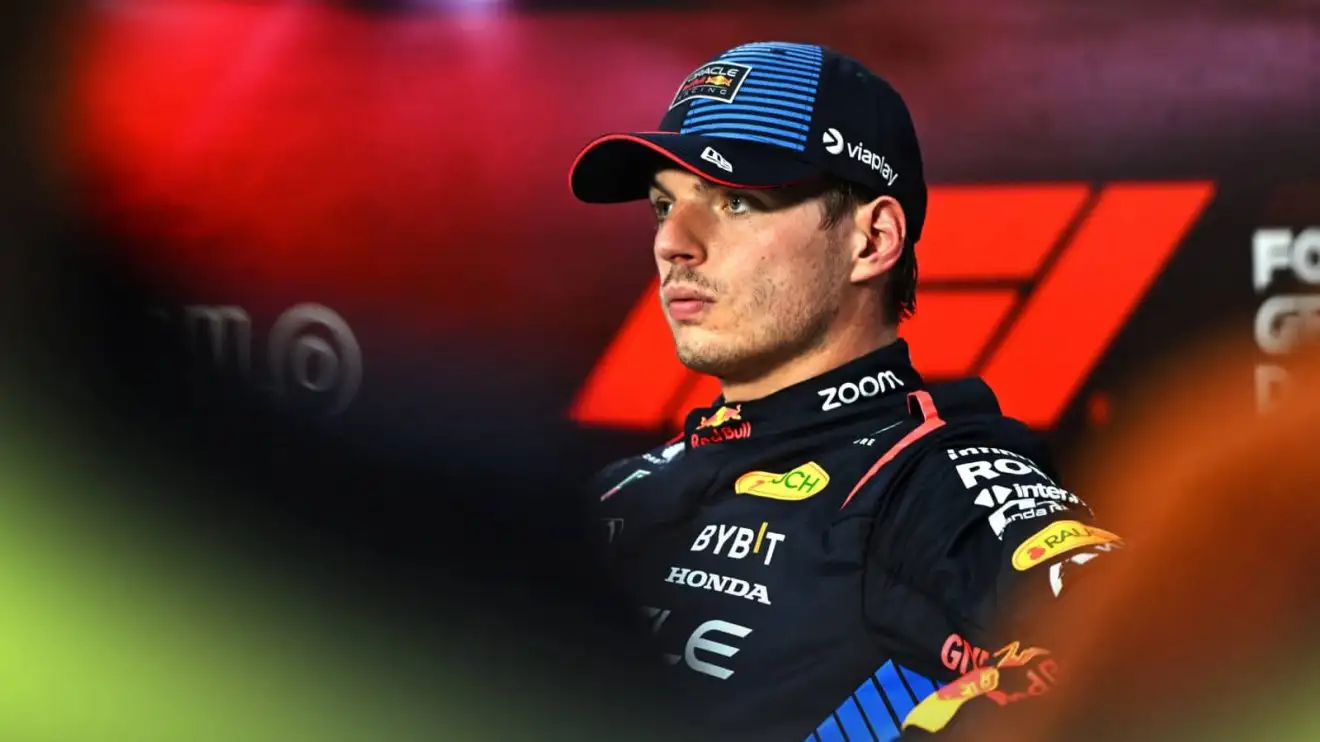Red Bull Racing faced significant frustration during the Brazilian Grand Prix after their drivers, Max Verstappen and Sergio Perez, were eliminated in Q2 due to a late red flag. The incident occurred when Lance Stroll crashed his Aston Martin, prompting a delayed response from F1 race director Niels Wittich, who took about 40 seconds to wave the red flag. By the time the session was halted, there was only a minute and a half left on the clock, and the session ultimately did not restart. Verstappen expressed his outrage, criticizing the timing of the decision and calling it “bulls**t” and “ridiculous.”
Despite Red Bull’s complaints about the timing of the red flag, former F1 driver Christijan Albers attributed their misfortunes to their own “arrogance.” He noted that Red Bull should have been more proactive in the changing conditions of the wet Interlagos circuit. Albers suggested that the team should have sent their drivers out earlier to avoid the risks associated with a red flag, emphasizing the importance of adapting to the circumstances rather than relying solely on Verstappen’s abilities.

In contrast to Red Bull’s approach, McLaren demonstrated an effective strategy by being the first team to switch to intermediate tires in Q2. Lando Norris led the pack after a red flag incident involving Carlos Sainz, consistently improving his lap times while Red Bull hesitated to make their moves. This delay ultimately left Verstappen and Perez vulnerable, with Verstappen finishing the session in 12th place and Perez in 13th, both eliminated from qualifying.
Albers criticized Red Bull’s mindset, suggesting that the team had a tendency to rely on Verstappen’s talent without ensuring proper preparation. He described the qualifying session as painful for the team, calling it potentially their worst qualifying performance. Albers’ comments highlighted the need for a more aggressive approach from Red Bull in qualifying scenarios, especially under adverse weather conditions.
Despite the disappointing qualifying outcome, Verstappen rebounded spectacularly during the race, starting from 17th position and winning by a significant margin of 20 seconds over Esteban Ocon. This victory underscored Verstappen’s resilience and skill, as he managed to convert a challenging qualifying situation into a remarkable race performance, ultimately demonstrating that Red Bull’s potential remains high, even when their strategy falters.

